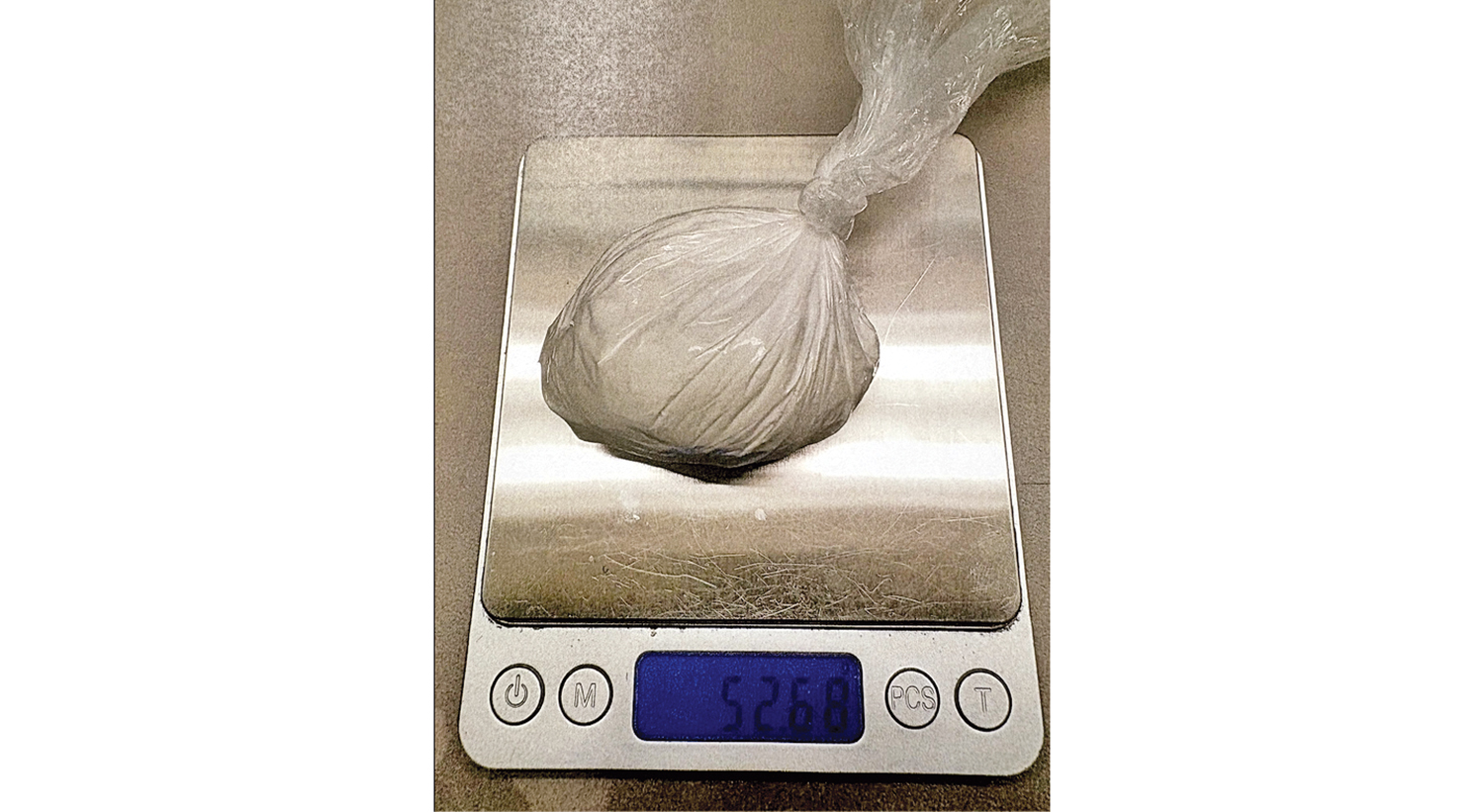Cabell Hospital overradiated some patients
Published 10:20 am Wednesday, March 16, 2011
HUNTINGTON, W.Va. — During a period of more than a year, some Cabell Huntington Hospital patients who received CT brain scans were overexposed to radiation.
According to a press release from the hospital, a group of patients were overradiated between Oct. 9, 2009 and Nov. 23, 2010.
The hospital was made aware of the overdoses during an internal review of radiological procedure, the release states.
“This should not have happened and we are taking all necessary steps to prevent it from ever happening again,” the release stated. “Each patient we believe was affected has been personally contacted and has been sent a letter so that we can be certain they are fully informed and to recommend that they discuss this matter with their primary care physicians.”
The hospital and radiation cases were the subject of an article published March 5 in The New York Times. It mentioned patient Marcie Iseli, a 36-year-old mother of two teenagers who had a CT procedure Nov. 16.
The woman’s hair fell out in clumps and she experienced nausea, weakness and tiredness, The Times reported. The patient’s records indicate she received at least 10 times too much radiation, according to the article.
The U.S. Food and Drug Administration conducted an investigation into CT scans after it was made aware of 206 patients who were exposed to excess radiation at the Cedars-Sinai Medical Center in Los Angeles.
Some of those patients reported hair loss and skin redness following their scans, the FDA report states. The report also noted that if patients received more than the recommended dose of radiation, but less than what causes obvious symptoms, the problem can go undetected. Over time, excessive radiation can put patients at increased risk for cancer and other side effects.
As of Oct. 26, 2010, following an investigation, FDA records show that approximately 385 patients from six hospitals were exposed to more than the recommended amount of radiation during CT scans.
The report from the FDA investigation contends that, when used properly, the machines do not result in overradiation.
FDA inspections also indicated that the machines’ manufacturing companies did not violate FDA rules and regulations.
The investigation did find that the industry could do more to improve the equipment, user information and training in order to improve the equipment’s safety and to reduce the likelihood that over exposures will happen in the future.
According to the hospital, though the dosage was higher than recommended, it was still within normal range for imaging procedures.
The hospital has been working with the machines’ manufacturer to ensure it is safe and in proper working order, the statement said. Members of the hospital’s CT staff have received additional training since the incidents, the statement said.
“We want to reassure our patients and community that their faith and safety is our primary focus at Cabell Huntington Hospital,” the statement said. “While we regret that this happened and are sorry for any temporary symptoms or inconvenience it may have caused, we are committed to handling this situation in a proactive and responsible manner and to treating our patients with the respect and attention they deserve.”





